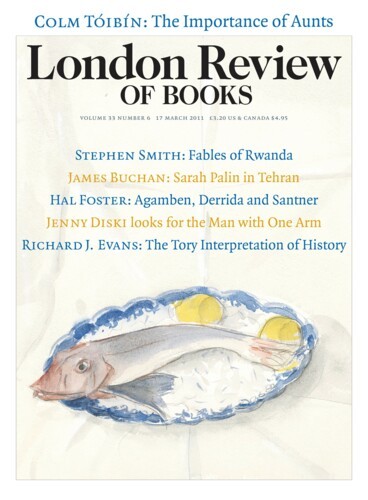For my brother’s Hanukah present, I paid for fourth-graders in Northern California to tour UC Berkeley (my brother went to Berkeley) and see a dance show (he likes dance). For his birthday two months later, I paid for chess sets for a school in Philadelphia: we grew up in Philadelphia, he plays chess. But usually when I fund projects on DonorsChoose.org – as anyone with a credit card can do – I buy things for my younger self, usually books I know she’ll enjoy: The Giver, The Westing Game. For a special treat, I join other donors to pay for a trip to the Smithsonian. Sometimes I buy things she won’t really appreciate, but might later: chemistry study guides, The Omnivore’s Dilemma for Kids. I ignore requests for sports equipment and computers.
Donors Choose was the idea of a Bronx schoolteacher who wanted more supplies for his classroom. He’d graduated from Yale; he knew there was money out there. The organisation claims that more than half of the requests teachers post on the site get funded. Some failure is necessary: otherwise there’d be no suspense, no trigger to get people to give more money than they’d planned. It makes a quiet appeal to donors’ narcissism, insisting that we can do more good with our money than if we gave it to a charity whose experts would decide how to spend it. The website resembles any other online emporium, letting one shop for a good deed the way one shops for anything else.
Sometimes I give a little money right when a project is posted, in the hope that my donation will encourage others. Sometimes I wait until a project is set to expire – they’re given six months – and donate in the last hour if no one else has. Only when I’m most unhappy will I pay for the whole thing. One night I’m set off by a clip of Natalie Portman at the Golden Globes, beautiful, a winner, so happy to be pregnant. ‘Thank you to Benjamin, who is helping me continue this creation of creating more life. Benjamin choreographed the film, and also you might remember him in the movie as the guy when they ask, “Would you sleep with that girl?” And he’s like, “Pffsh, no.” He’s the best actor. It’s not true: he totally wants to sleep with me!’
That night I pay for a class in Detroit to get sets of The Hobbit, A Wrinkle in Time, Mrs Frisby and the Rats of NIMH and a new bookcase. I keep my eye on the website until the teacher logs in and tells me how wonderful I am: ‘Deborah you are AMAZING!!! THANK YOU THANK YOU THANK YOU THANK YOU!!!!!’ Are American public schools now dependent on the whims of a neurotic seeking flattery?
In Philadelphia, most teachers are asking for iPads, Wii Fit games for gym class, audio books, digital cameras, projectors and laptops. But at the Hardy Williams Academy Charter School, founded by State Senator Anthony Williams, a second-grade teacher is requesting $441 for anthologies. Her school has no library, she says, and there aren’t enough books in her classroom. A kindergarten teacher in the same school has a project she calls ‘My Super Students Need Basic Supplies!’ She wants $315 for pencils, crayons, glue sticks. Her students ‘desperately need basic school supplies and materials because neither the school, nor the parents, have the means to provide these essential items’. A social studies teacher asks for $338 to buy copies of Lord of the Flies: ‘The course does not include a textbook or any other resources. I am in need of tools to work on my students’ reading, writing and critical thinking abilities. Without a copy of Lord of the Flies, I may not be able to do a reading project in this class. This would mean that my students would go through my whole class without ever utilising an actual book.’
Hardy Williams is run with public money but as a charter school is exempt from most school district rules, a little like English academies. Oversight is paltry, and in recent years Philadelphia charter school administrators have been imprisoned for fraud; there are currently federal criminal investigations into at least 18 charter schools in the city. Hardy Williams received $9.2 million last year, which works out above the national average per pupil; a careful story in the Philadelphia Inquirer notes the school’s ‘incomplete’ financial records. Its students’ test scores are well below the city average and the averages of neighbouring schools. I don’t want to prop up this school; I don’t want its students not to have books. I give a small amount and the teachers thank me.
Send Letters To:
The Editor
London Review of Books,
28 Little Russell Street
London, WC1A 2HN
letters@lrb.co.uk
Please include name, address, and a telephone number.

